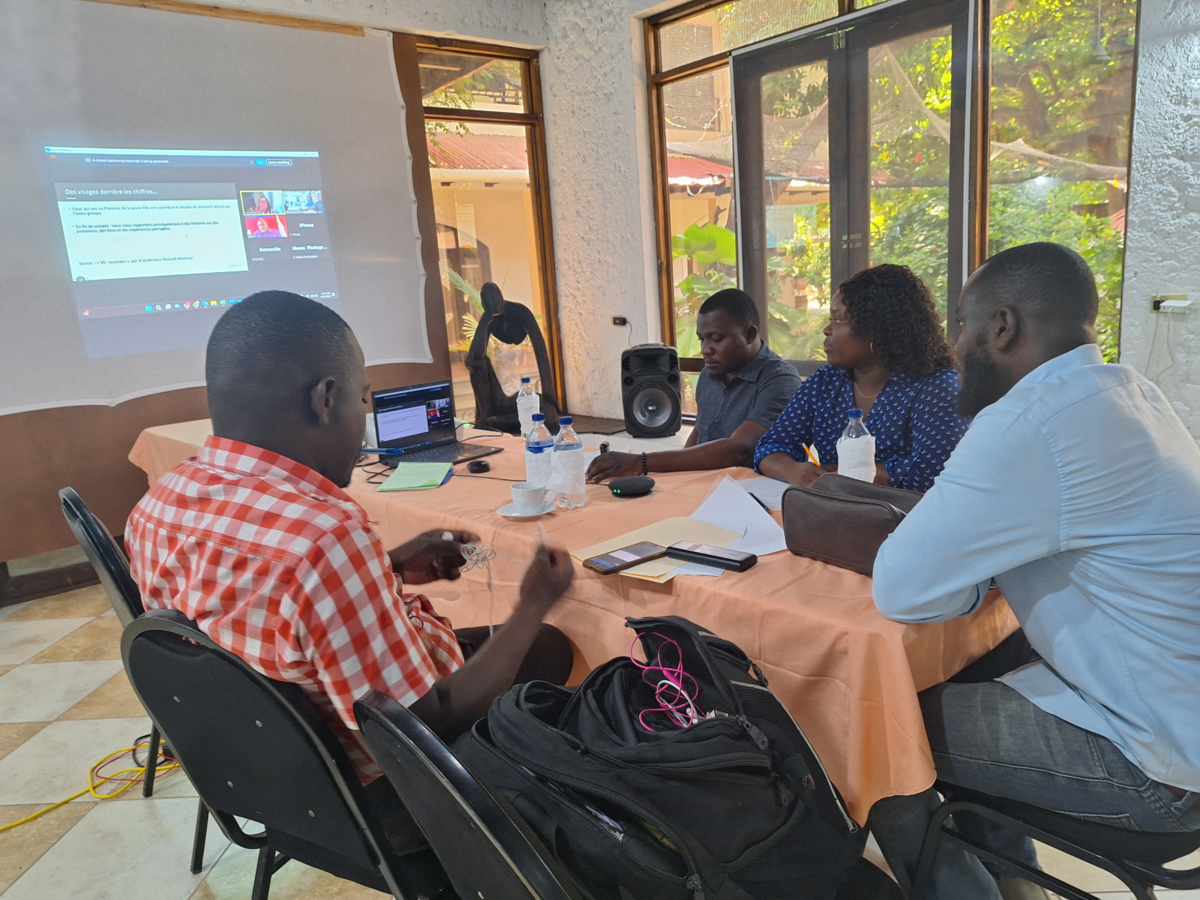- Who We Are
- How We Work
- Regional / Country Initiatives
- Legacy
- Core Themes
- Working Groups
- Portfolio & Results
- Newsroom
- Resources
Haiti: Fostering Good Governance Through Better Communication

Transparent, effective communication is critical to an effective municipal government. When residents have a good understanding of their city’s policies and decisions, they are more likely to trust the local government, hold it accountable for its actions, and participate in planning and development.
One way the LAVIL programme is supporting the municipalities of Cap-Haïtien and Les Cayes in Haiti is by building their capacity to communicate effectively – a key step in creating a more transparent, responsive government and building trust with residents.
Cities Alliance, in collaboration with the town halls of Cap-Haïtien and Les Cayes, organised communication training sessions for employees of the municipalities to strengthen their communication skills when interacting with citizens and local stakeholders.

The training workshops were led by the Reuters Thomson Foundation and took place in two waves between 20 May and 3 June. They included multiple sessions focused on developing strategies as well as speaking and writing skills.
The first session focused on strategies for developing clear and effective messages. Participants learned how to create key, memorable messages, essential for maintaining focus during media interviews. Exercises put these principles into practice by writing structured texts that were logical and convincing.
The next session covered writing with authority, engaging with the media, and managing difficult issues. Participants explored journalists’ expectations and narrative techniques for captivating audiences, as well as tips for telling powerful stories. The training also included discussions on rhetorical tools, teaching participants how to make figures more compelling and present them creatively to maximise message impact.
The final session covered advanced writing and public speaking skills. Participants learned how to clarify and prioritise information. They shared strategies for overcoming the challenges of public speaking, including exercises for stress management and the effective use of voice and gesture to enhance the dynamism of presentations. Each participant also benefited from an individual coaching session.
Approximately 70 per cent of participants expressed satisfaction, noting that the training had met their expectations and significantly enriched their communication skills.
The training has helped municipal staff members gain the confidence and skills to develop strategic communication plans, improve clarity in communications, and manage crisis communications more effectively. They anticipate a positive, significant impact on their ability to build trust with the community moving forward.
For example, residents – especially market vendors – often express frustration at the lack of clear information on initiatives, obligations, and benefits of municipal investments. This hinders cooperation and mutual understanding, and residents have little trust in the town councils of both cities.
The skills developed during the training will help municipal staff engage in dialogue with residents, vendors, and other stakeholders on key issues, such as the availability of investment opportunities and municipal tax increases. Tax collection in both cities is very low, limiting their ability to meet residents’ needs and foster economic growth. If the municipalities can explain convincingly how these funds will be used to improve infrastructure and services, residents are more likely to accept such measures – especially if they have greater trust in the local government.
